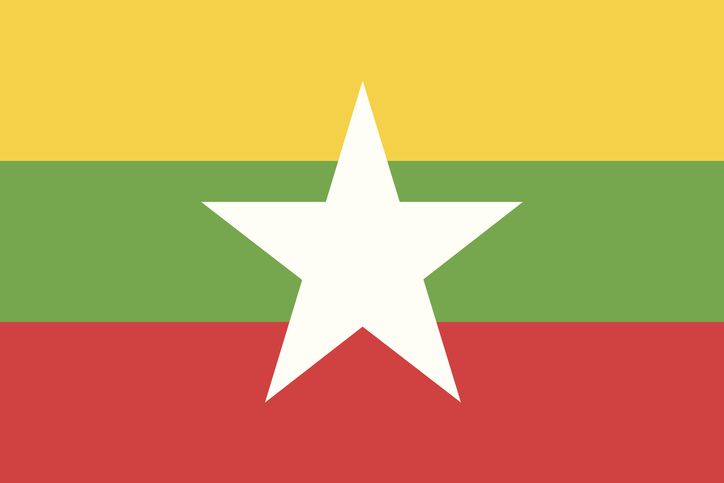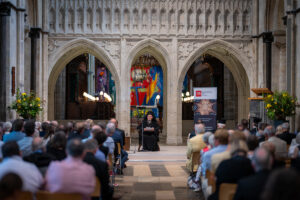International court still investigating Myanmar military slaughter In 2017, Myanmar’s military launched a genocide against the country’s Rohingya Muslim minority. Hundreds of thousands of Rohingya fled to Bangladesh, while those who remained were persecuted by the junta. Now, Myanmar’s military faces a new threat, this time from a powerful insurgency.The armed force, known as the Arakan Army, has taken control of much of Myanmar’s Rakhine state over the past few months and more recently of areas in the north, where many Rohingya still live. In recent days, human rights groups have accused the rebels of driving ethnic minorities from their homes and destroying their property, many of them by arson. The Arakan Army has denied the charges.
The sectarian conflict highlights Myanmar’s complex ethnic makeup and rivalries. In Rakhine state, a barren expanse of land in western Myanmar formerly known as Arakan, many ethnic Rakhine Buddhists have long sought to break away from Myanmar and the ethnic Burmese majority. They also often ignore the plight of another group they live with, who are wrongly viewed as interlopers and troublemakers from Bangladesh: the Rohingya.
The Arakan Army, which claims to have 40,000 members and was founded about 15 years ago, has been fighting the Myanmar military for years. It has grown into one of the country’s most powerful armed forces. Rebels of various ethnic groups They are united in their shared desire to overthrow the military junta, which launched a coup in 2021 and is now facing its biggest challenge to its rule from both insurgent and pro-democracy forces.
Even as Myanmar’s military junta appears increasingly weak, reports of abuses by the Arakan Army against the Rohingya have raised concerns about renewed atrocities.
“The Arakan Army soldiers told us to move to a safer place because there was fighting in our town and we were in danger. Before we could decide whether to move, the house caught fire,” said Aung Htay, 42, a Rohingya resident of Buthidaung, one of the largest towns destroyed by the fire. He said in a telephone interview that he did not know what caused the fire in the town, which broke out after dark.
In interviews, nine other residents of the surrounding area said homes had been burned and residents had been forced to leave in recent weeks. It was not clear who was responsible for the violence, but there were signs the Arakan Army was involved.
“We interviewed multiple witnesses who said the Arakan Army took control of Buthidaung township on the evening of May 17 and carried out large-scale arson attacks there,” said Shayna Bauchner, Asia researcher at Human Rights Watch, referring to the Arakan Army by its acronym….







